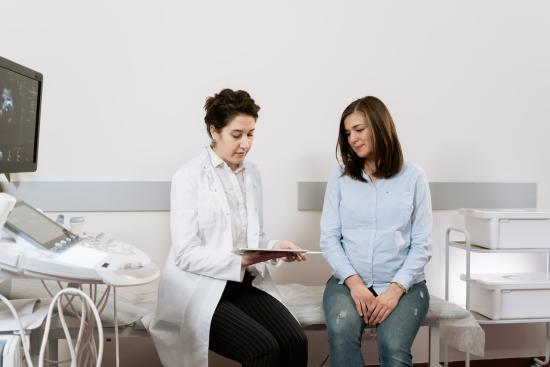Cancer is Striking More People in the Prime of Their Lives. What Can We Do Better?
Patients must better advocate for themselves while doctors need to realise that cancer is a disease of the old and young
Shortly after turning 40, I experienced an abnormal tiredness that I ignored for as long as I could. When I began pulling over to catch a microsleep before clinic, I was moved to see my GP who diagnosed severe iron deficiency. She suggested that along with replenishing the iron, I have a workup for “less common causes”. I am an oncologist; I knew what she meant.
In corridor consults with my former classmates, I tried to convince myself and them that an iron infusion was all I needed for my presumed nutritional deficit. My gastroenterologist friend, fresh from a “his and her” colonoscopy to celebrate the couple’s 40th birthday, dissuaded me but the cancer surgeon was blunt: “I operate on people like you every week, so I’d get that scope.” The worst thing about the colonoscopy was the trepidation because I was asleep for the procedure and thankfully, it found nothing sinister. Sobered, I resolved not be my own doctor again.
Two-thirds of cancers are diagnosed in those over 65, and by age 85, one in two people will receive a diagnosis although it won’t be equally harmful for them all. No wonder cancer is viewed by doctors and patients as an inevitable risk of growing old, having outlived cardiovascular and infectious diseases, the killers of the past.
But data analysing global cases found the incidence of early onset cancers including breast, colon and pancreas has increased around the rich world since 1990. People born in 1960 had a higher risk of early onset cancer than those born in 1950 and the risk of each successive cohort is predicted to rise.
Of the 14 cancers studied, eight affected the digestive tract, with the increases not explained by improved screening. Instead, the researchers posit this “dramatic” rise in incidence may be explained by excessive alcohol consumption, sleep deprivation, obesity, smoking, reduced physical activity and a diet rich in highly processed foods and sugary drinks. Diet affects the gut microbiome whose influence extends to not only gut health but also conditions as diverse as cancer, eczema, diabetes and depression.
Bundled almost dismissively as “lifestyle factors”, future studies may nail them as the main culprits. In the hospital, this trend is already evident.




















